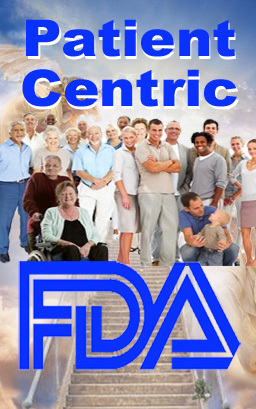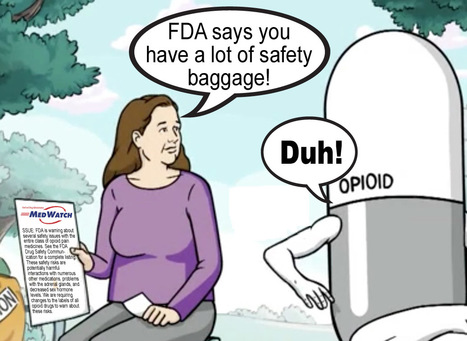It is hard to believe only four senators opposed the confirmation of Robert Califf, who was approved today as the next FDA commissioner. Vocal opponent Bernie Sanders condemned the vote from the campaign trail. But where was Dick Durbin? Where were all the lawmakers who say they care about industry and Wall Street profiteers making money at the expense of public health?
Califf, chancellor of clinical and translational research at Duke University until recently, received money from 23 drug companies including the giants like Johnson & Johnson, Lilly, Merck, Schering Plough and GSK according to a disclosure statement on the website of Duke Clinical Research Institute.
Not merely receiving research funds, Califf also served as a high level Pharma officer, say press reports. Medscape, the medical website, discloses that Califf “served as a director, officer, partner, employee, advisor, consultant or trustee for Genentech.” Portola Pharmaceuticals says Califf served on its board of directors until leaving for the FDA.
In disclosure information for a 2013 article in Circulation, Califf also lists financial links to Gambro, Regeneron, Gilead, AstraZeneca, Roche and other companies and equity positions in four medical companies. Gilead is the maker of the $1000-a-pill hepatitis C drug AlterNet recently wrote about. This is FDA commissioner material?
Califf has gone on record that collaboration between industry and regulators is a good thing. He told NPR, “Many of us consult with the pharmaceutical industry, which I think is a very good thing. They need ideas and then the decision about what they do is really up to the person who is funding the study.” What?
He is known for defending Vioxx which is reported to have caused at least 50,000 heart attacks and events before its withdrawal. (Merck is said to have known about Vioxx’ cardio effects but marketed the blockbuster drug anyway.)
Califf was instrumental in the Duke drug trial of the blood thinner Xarelto and a cheerleader of the drug despite medical experts’ objections to its approval and 379 subsequent deaths. Xarelto's serious and foreseeable risks were back in the news this week.
Duke, where Califf directed clinical research, is still recovering from a major research fraud scandal that resulted in terminated grants, retracted papers and a "60 Minutes" special. It is the least appropriate place from which to choose an FDA commissioner.
Via
Pharma Guy



 Your new post is loading...
Your new post is loading...













I wonder who would head up this office?